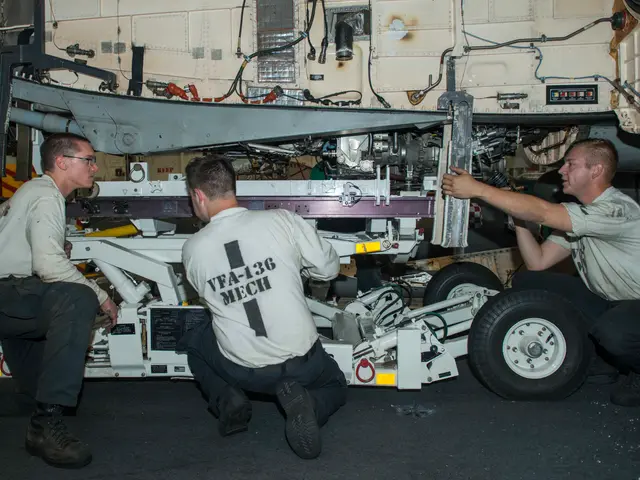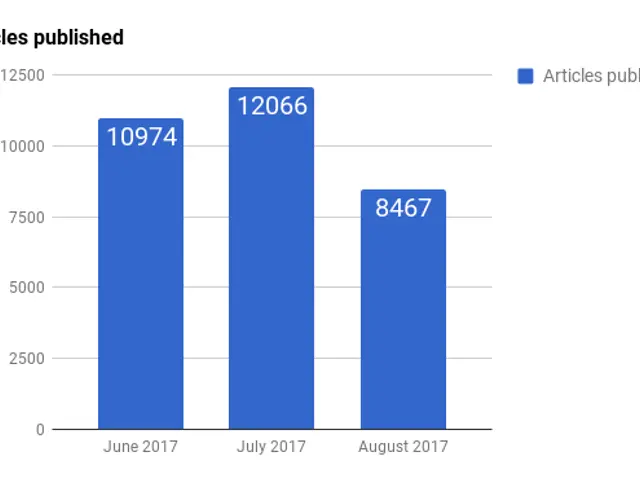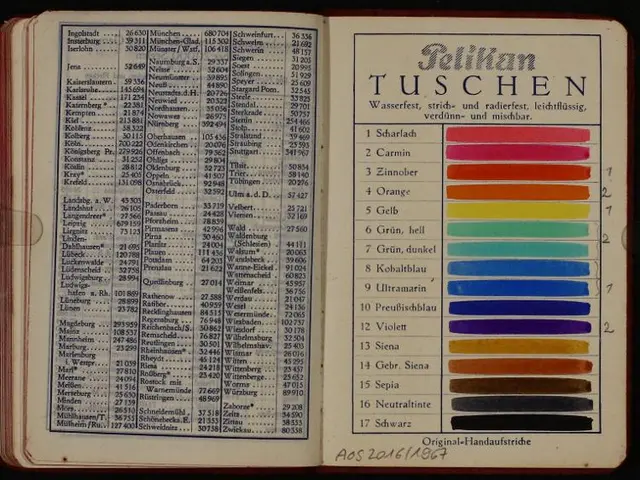Society where refugees become part of the norm
On World Refugee Day, the United Nations High Commissioner for Refugees (UNHCR) highlighted the escalating crisis faced by the 43.4 million refugees globally, a figure that has tripled in the last decade. Behind the rising numbers, UNHCR Head Filippo Grandi stated, lie countless human tragedies.
A report titled 'Ration Cuts' published by World Vision sheds light on interruptions in the distribution of humanitarian aid and its effects, particularly among displaced people and refugees. Up to 68% of people dependent on humanitarian aid who have experienced intermittent cuts report that a family member has gone to bed hungry in the last few weeks due to food shortages.
The problem of food insecurity has worsened in recent years, especially among forcibly displaced populations. Alianza Solidaria, an NGO, identifies a worsening trend of food insecurity among displaced people and refugees, reaching levels of severe poverty for 90% of the refugee population in the last five years.
Constant exposure to violence affects both adults and children among displaced populations and refugees. World Vision found that 41% of refugees feel that children experience more violence, abuse, and neglect in the home now than before. Hunger isn't just killing people through malnutrition, but also through mental illness, according to World Vision's director of global hunger response, Mary Njeri.
Alianza Solidaria works with refugees in coping with their situation, facilitating their basic needs, and preparing future generations for a safe return to their country of origin. No NGO can stop a war, but they can help facilitate the work of organizations that assist displaced populations and cover at least some of their basic needs.
In 2023, only 1.1 million refugees were able to return home. The European Union approved a migration agreement in 2023, but it has not been fully accepted by NGOs and social entities. Italy has bilateral agreements with Tunisia and signed a new deal with Albania, which was initially banned by the Albanian judiciary.
The UNHCR warns of a trend that has continued to grow over the last 12 years, affecting 1 in 69 people today. The Spanish Evangelical Alliance works with refugees among us in Lebanon and other countries, particularly Syrians displaced by war, stateless children, and those without access to education.
The situation is daunting, but it's crucial to remember that every refugee is a person with hopes, dreams, and a story. As we strive to address the challenges they face, we must not lose sight of the importance of empathy, understanding, and support.







